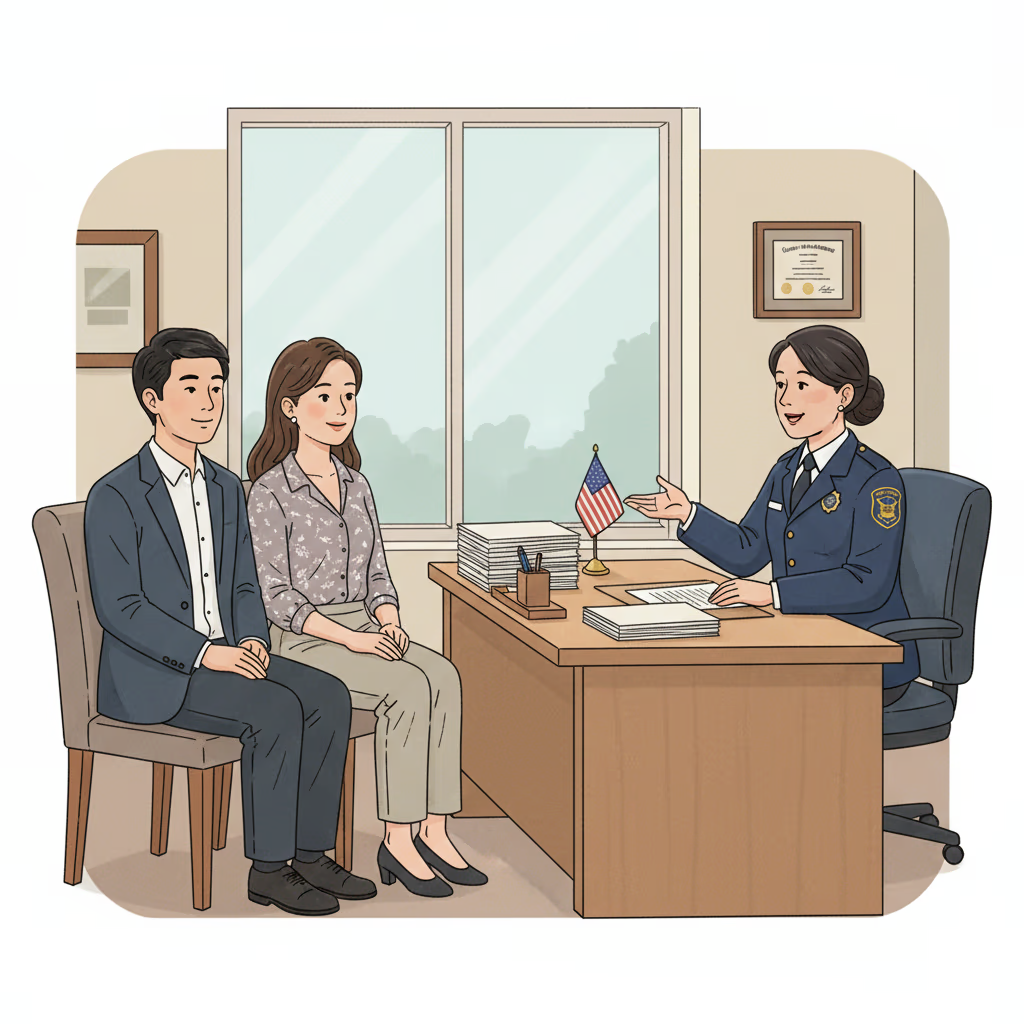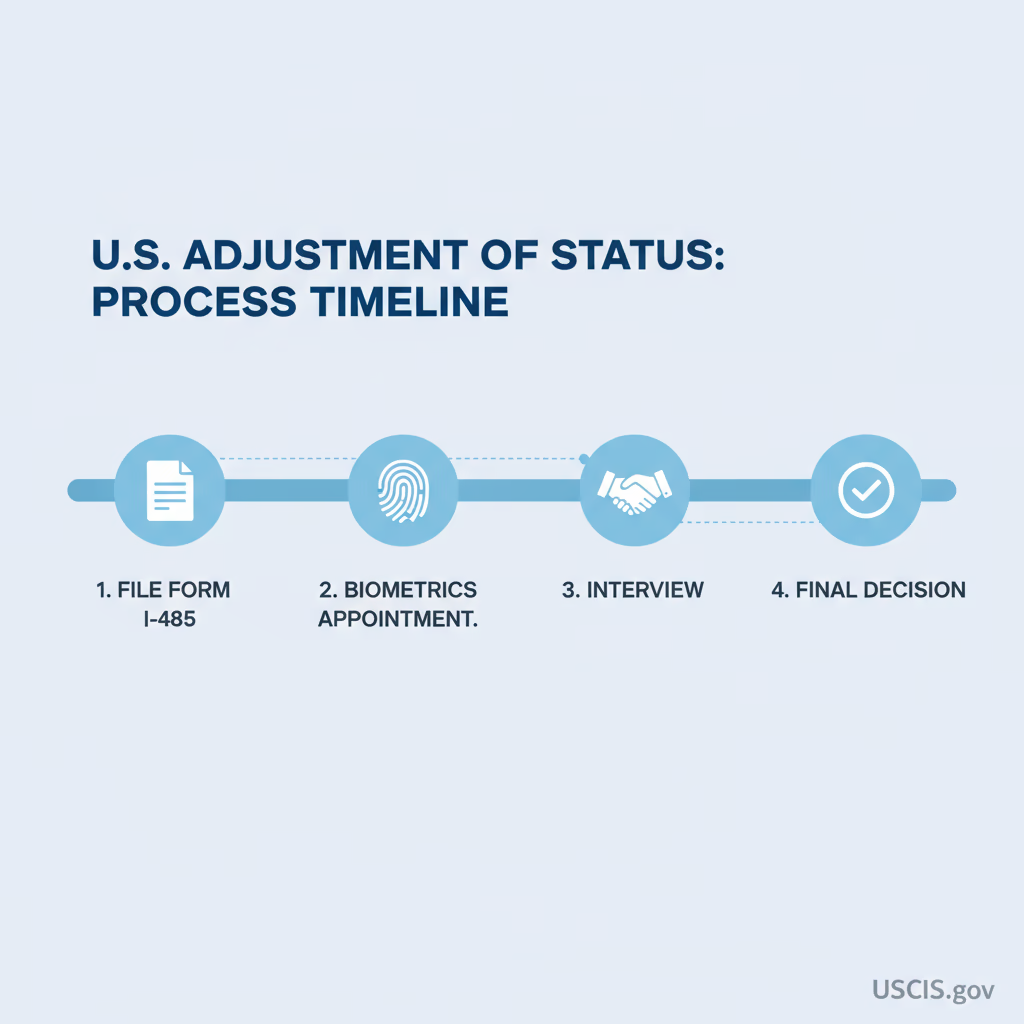Navigating the complexities of immigration laws can be overwhelming, especially for individuals facing deportation or other legal challenges. If you’ve heard the term “Order of Supervision” and are unsure what it means or if it applies to your situation, you’re not alone. Understanding this concept is an essential step in making informed decisions about your case.
This article will break down what an Order of Supervision (OSUP) is, its purpose, and who qualifies for it. We’ll also explore the conditions typically attached to such orders and offer practical insights into the rights and responsibilities of individuals under an OSUP.
What Is an Order of Supervision?
An Order of Supervision (OSUP) is a directive issued by U.S. Immigration and Customs Enforcement (ICE) allowing someone to remain in the United States temporarily while they are in the deportation process. It’s often granted in situations where immediate removal isn’t possible due to specific circumstances, such as a delay in obtaining travel documents or legal restrictions related to the individual’s case.
Essentially, an OSUP lets an individual live and work in the U.S. under certain conditions, even though they may have been ordered deported or removed. It provides reprieve and a degree of stability while their case or circumstances are resolved.
The Legal Purpose of an OSUP
The primary goal of an Order of Supervision is to ensure compliance with the law while safeguarding the individual’s basic rights. By granting an OSUP, ICE maintains oversight of the individual, ensuring they follow required steps, such as periodic reporting, while pausing immediate deportation proceedings. It strikes a balance between enforcement of immigration laws and practicality, especially in cases where deportation cannot be carried out for reasons beyond the person’s control.
Who Qualifies for an Order of Supervision?
Not everyone facing deportation is eligible for an OSUP. This relief is typically reserved for individuals who meet certain conditions making immediate deportation impractical or impossible. Common qualifications include:
- Deportation Delays Due to Travel Documents
If a country delays or denies issuing the travel documents needed for repatriation, an individual may qualify for an OSUP. This is common in cases where the person’s nationality is in dispute or the country of origin refuses to accept them back.
- Health or Medical Concerns
Individuals with severe medical conditions that make travel unsafe or treatment unavailable in their home country may be granted an OSUP. This provides time to stabilize their condition or find alternative arrangements.
- Cooperation with ICE
Those who cooperate with ICE and show a willingness to comply with the law may qualify. Cooperation can include assisting in obtaining travel documents or sharing accurate, up-to-date personal information during interviews.
- Legal Restrictions on Removal
Sometimes, legal hurdles such as court-ordered stays of removal, pending appeals, or international treaties prevent deportation. An OSUP ensures monitoring while these issues are addressed.
- Individuals Protected Under Special Circumstances
Some people may qualify under humanitarian or policy-related exceptions, such as individuals awaiting a decision on a visa application, asylum claim, or other forms of immigration relief.
What Conditions May Be Attached to an OSUP?
An Order of Supervision isn’t a free pass to remain in the country indefinitely—it comes with clear and enforceable conditions. These typically aim to ensure compliance with immigration laws and facilitate eventual removal if necessary. Common conditions include:
- Periodic Reporting to ICE
Individuals under an OSUP are usually required to check in with ICE regularly. Reporting ensures ICE can monitor their situation and compliance with the program.
- Prohibition on Travel
Most OSUP recipients cannot leave their designated area—often defined as a state or region—without prior approval.
- Work Authorization
Though not automatic, recipients may apply for and receive work authorization while under an OSUP. This is especially important for supporting themselves and their families during this period.
- Restrictions on Criminal Activity
Individuals must avoid any legal trouble while under an OSUP. Even minor offenses can result in revocation and potential removal.
- Provision of Contact Information
Maintaining up-to-date contact information with ICE is mandatory. This includes notifying ICE of any address or phone number changes.
Rights and Responsibilities Under an OSUP
While being placed under an Order of Supervision can feel restrictive, it also grants certain rights that provide some degree of relief. Here’s what you should know:
Rights
- Temporary Protection from Deportation
One of the most significant benefits of an OSUP is that it temporarily halts removal from the U.S., often giving families time to plan their next steps.
- Eligibility for Work Authorization
Many individuals qualify for work authorization, allowing them to legally earn an income and contribute to their communities during this time.
- Due Process Protections
Like all individuals in the U.S., OSUP recipients are entitled to certain legal rights, such as fair treatment under the law and access to legal counsel.
Responsibilities
- Compliance with Conditions
Failing to meet OSUP conditions, such as missing reporting appointments or providing false information, can result in its termination and an expedited order of removal.
- Good Conduct
Engaging in criminal activities or violating U.S. laws can jeopardize your eligibility to remain in the U.S. under supervision.
- Ongoing Communication
Keeping lines of communication open with legal representatives and ICE is critical. Missing important updates could complicate your case.
Final Thoughts
If you or someone you know is facing deportation, an Order of Supervision may provide a temporary solution to remain in the U.S. without immediate removal. However, it’s important to understand both the opportunities and obligations that come with this type of immigration relief.
For those in this position, working with a qualified immigration attorney or legal aid organization can make a world of difference. They can help you understand your rights, fulfill your responsibilities, and explore pathways for securing permanent relief or status, if available.
While the uncertainty of an OSUP may be challenging, the structure it provides can also offer the time and stability necessary to explore options, safeguard your family, and plan for the future. Take each step carefully, and seek the guidance you need to make informed decisions.






